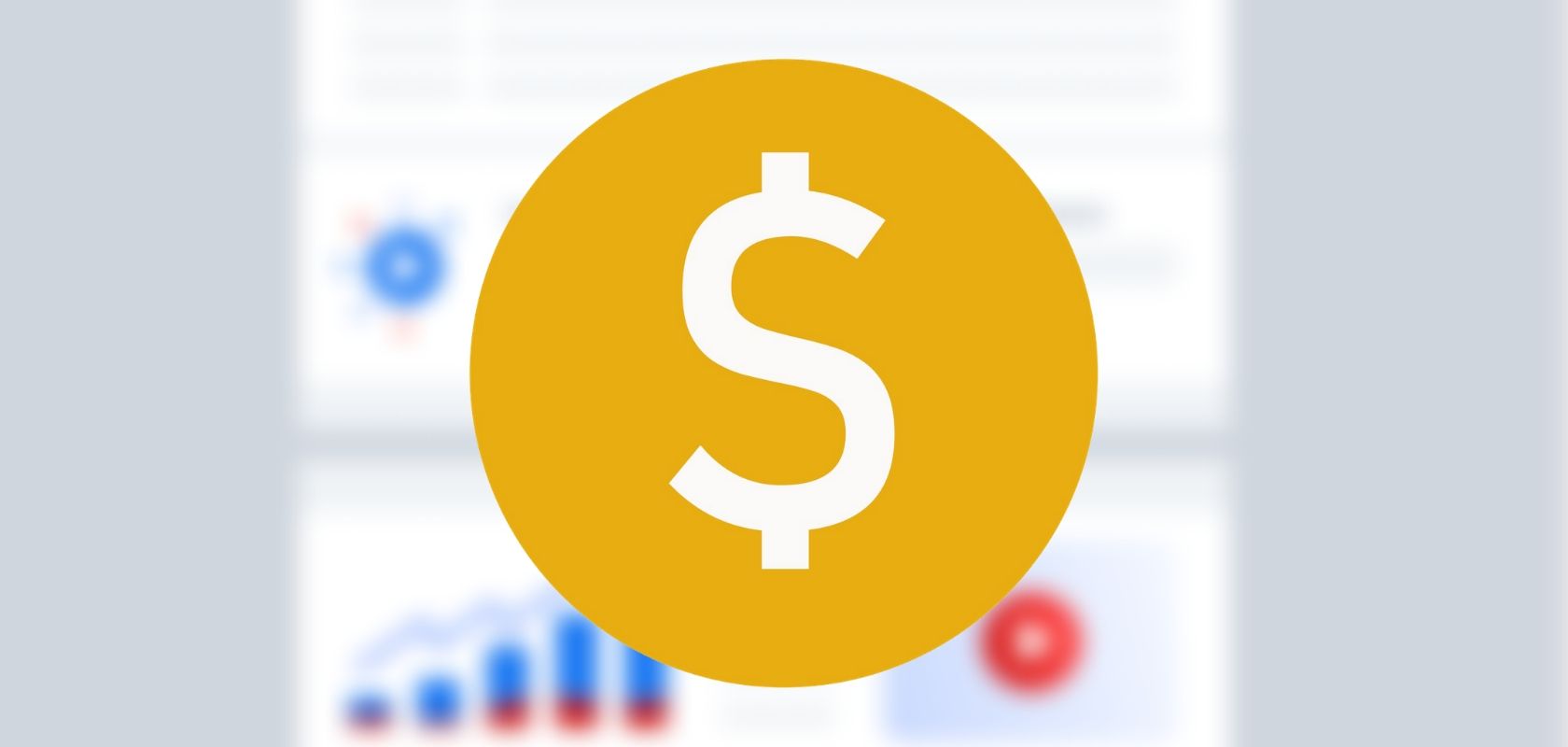It seems that more and more we’re publishing PSA’s about YouTube’s increasingly dubious business.
Now, we’re ringing the alarm bells again as proposed changes are likely to hurt creators if YouTube continues to cement advertisers as the ultimate rulers of YouTube, and could mean those creators that don’t create “brand-safe” content won’t stand a chance of monetizing on the platform.
Google’s giant video platform cozying up to advertisers might end up taking money right out of its creators’ pockets. Again.
(And let’s not forget that those advertisers would be the only thing – other than mainstream media, et al. – to whose pressure YouTube will even as much as wince at because it gave up listening to creators a long time ago.)
YouTube is big. And creators – even those with millions of subscribers – will always remain small, by comparison.
In order to cater to something ostensibly even bigger than YouTube/Google – i.e., advertisers – this Google video company in the past let advertisers in on reports from another fascinating, yet little-reported-about industry – “ad verification” companies – to decide for themselves if the brand they were shilling on the platform had or had not become associated with some unsavory “keywords.”
But that exercise in control wasn’t nearly enough, as we now learn. Not the least, as Digiday intimates, because advertisers are not the sharpest tools in the (YouTube) toolbox:
“While the tools create a clearer feedback loop for marketers to classify content and exert greater control over where their ads appear without sacrificing reach, some of them could inadvertently do the opposite.”
To cut the long story short – Google (i.e., YouTube’s) solution to this problem was drafted with creators pretty much nowhere in mind.
A company the size of YouTube could easily make it clear to advertisers: We’re an independent-creator-driven platform. Creators are the lifeblood of what we are and if you want to advertise on the platform, you have to accept that creators need full creative freedom.
But that’s far from what CEO Susan Wojcicki appears to want to do.
In fact, YouTube is increasingly headed in the opposite direction – sacrificing creators to please brands.
These new proposed changes could mean that creators would have to constantly jump through hoops, avoiding certain words or topics, in order to even have a chance to get their video monetized.
But it doesn’t actually make it any better for advertisers, either.
YouTube’s latest iteration of “brand suitability targeting,” according to the report, is “like keyword blacklists, channel-level targeting” – but not in any good way in an advertisers’ mind. It can get too broad.
In plain English: it can backfire.
“The risk is that advertisers use these tools to block content they think is unsuitable but actually is suitable, which may impact the campaign performance and could cost YouTube creators a lot of money,” Christian Dankl, chairman of the online video advertising platform Precise.TV said.
Independent YouTubers will not be surprised by any of this, though. Back in March, reports said that some major channels were affected by the impact of the pandemic.
In our nightmares, we can only begin to realize what the actual coronavirus impact will eventually turn out to be. A recession? A depression?
Nobody knows it right now, but YouTube’s seemingly ill-timed practices favoring big players (i.e., advertisers) against those most likely to suffer in the coming post-corona economy (i.e., independent businesses), doesn’t look like any kind of a good call.













